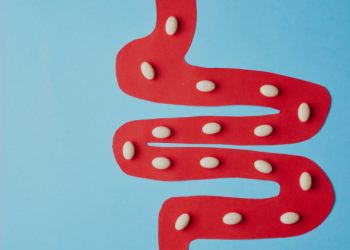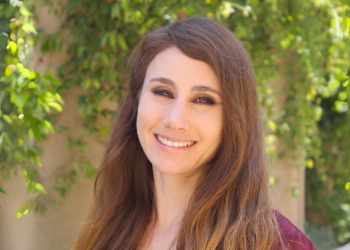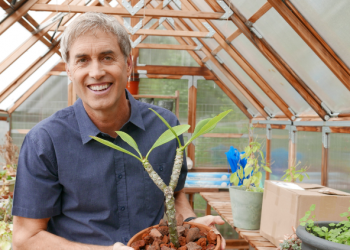Practice of the Month: Four Questions a Day
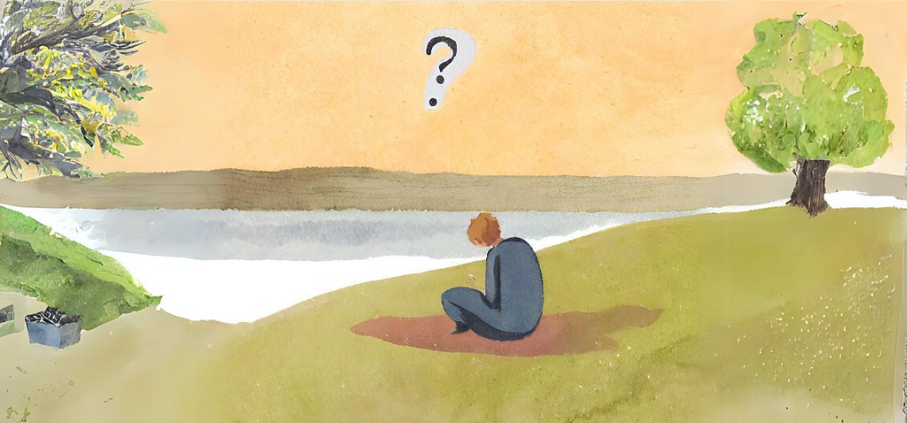
This blog is part of our Gratitude & Reflection newsletter. If you like this content, sign up to receive our monthly newsletter!
Spiritual practices do not have to take place in a church; therefore, every person lives with spirituality in some way. Individuals connect to their spirits and create meaning through various activities, including religious rituals, but also through music, art, or exercise.
“Spirituality, broadly, is the way that we find purpose, connection, belonging, and dignity as human beings,” says Bruce Feldstein, MD, BCC, Stanford Lifestyle Medicine Head of Gratitude and Reflection. “People find it in various ways–it’s not important where you find it; what’s important is just to get started looking for it.”
Dr. Feldstein is a board-certified chaplain at Stanford, where he directs Jewish Chaplaincy Services servingStanford Medicine and an Adjunct Clinical Professor in the School of Medicine. He sees spirituality as the critical element missing from most lessons on healthy aging from elementary to medical school. His experiences as an Emergency Medicine Physician turned Clinical Chaplain inspired him to create the Spiritual Fitness ToolKit, which helps individuals cultivate well-being by exploring rituals for meaning, purpose, and connection.
“A spiritual practice is as essential to cultivating well-being as physical fitness or nutrition. However, our ‘spiritual fitness’ is typically not discussed as concretely as these other aspects of health,” says Dr. Feldstein.
Four Questions a Day Exercise
The Spiritual Fitness ToolKit opens with a reflection exercise titled “Four Questions a Day.” To develop habits of gratitude and reflection, Dr. Feldstein recommends spending ten minutes of quiet time at the end of the day to contemplate these four questions, one at a time.
The Four Questions:
1. What surprised me today?
2. What touched me today?
3. What inspired me today?
4. For what am I grateful?
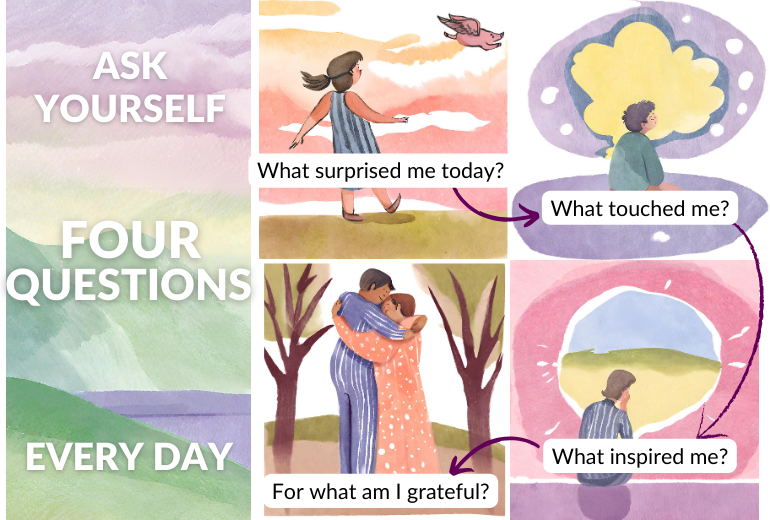
Start by asking yourself the first question, What surprised me today? Reflect backward on your day until you come to the first thing that surprised you. Make a note of it in a little journal or on a file on your smartphone. It’s important to write it down. Then do the same with the other questions, one at a time. (This exercise is drawn from research on gratitude and from the teachings of Rachel Naomi Remen MD, originator of the Healer’s Art course.)
After a few weeks of practice, you may begin thinking about these questions throughout your day. Eventually, you may find yourself noticing moments of surprise, being touched, inspiration, and gratitude as they occur. This heightened awareness can allow you to see and respond to situations in your life with “new eyes,” and bring elements of emotional well-being into your everyday experience.
“The Four Questions exercise could be essential in two ways for people getting started,” says Dr. Feldstein. “It can help develop a capacity for increased emotional awareness and encourage people to become reflective practitioners in action.”
Dr. Feldstein suggests committing to this practice for at least three weeks to develop a new habit, and for 90 days to create a new lifestyle. He also suggests engaging in the daily writing activity with a friend to promote connection and enjoyment.
Sharing Moments of Gratitude
An extension of the Four Questions practice is Sharing Moments of Gratitude, another valuable practice in the Spiritual Fitness Toolkit .
Feeling gratitude within oneself is one part of the experience. When we feel grateful for something wonderful in our lives, we can share our appreciation of others by saying or doing something for someone else. Doing so expands the experience of gratitude to those around us.
Sharing gratitude can be done in many ways. Most simply, we can say, “I really appreciate what you just did. Thank you so much.” This is most powerful and the positive experience is mutual and immediate. We may also send a thank you note, or offer a small gift.
One of Dr. Feldstein’s favorite practices is to produce small moments for gratitude at the end of each conversation, discussion, or meeting.
“I often ask my patients or people I am with ‘What can I wish for you today?’ I listen with openness, take in what they say, then respond genuinely with an open heart. This is a practice for offering a blessing. It is one that produces mutual gratitude,” says Dr. Feldstein. “It is a simple practice you can incorporate into any conversation or interaction and greatly encourages connection, healing, and finding peace.”
So, dear reader, what can the Stanford Lifestyle Medicine team wish for you today?


